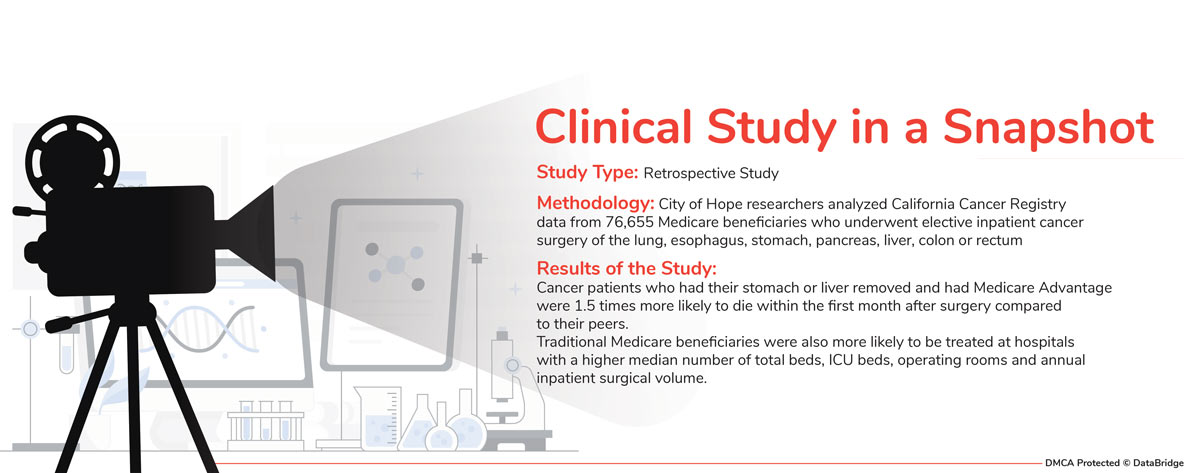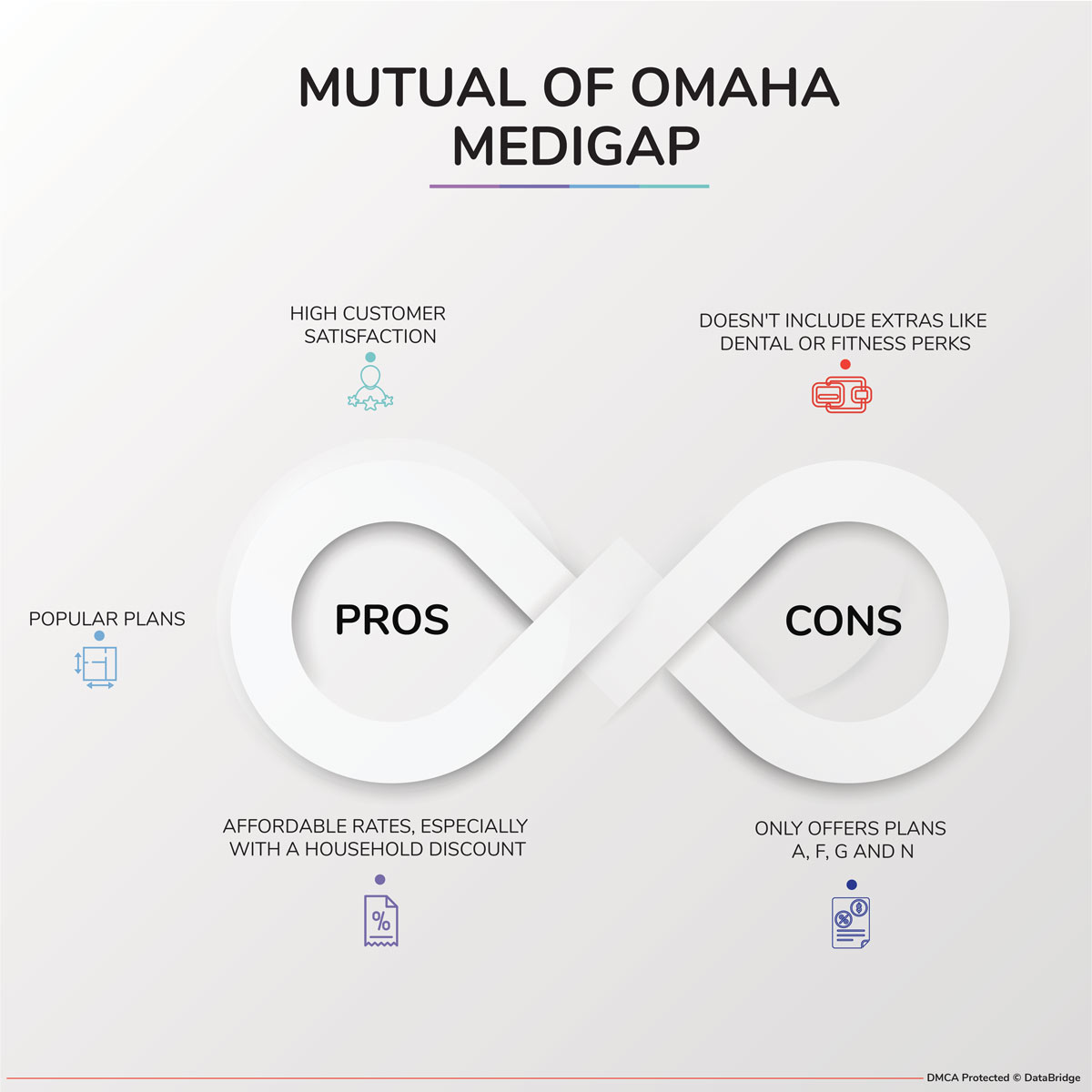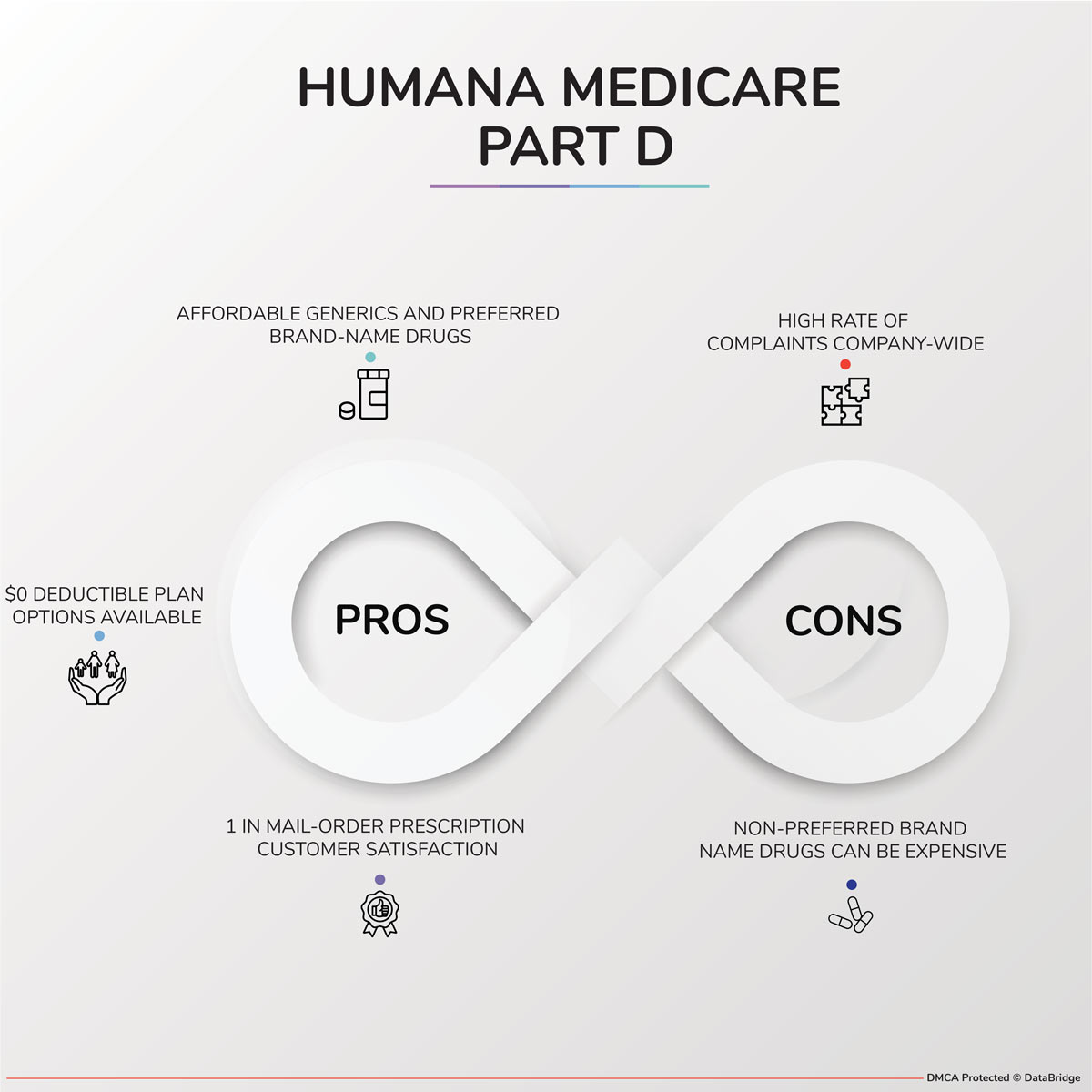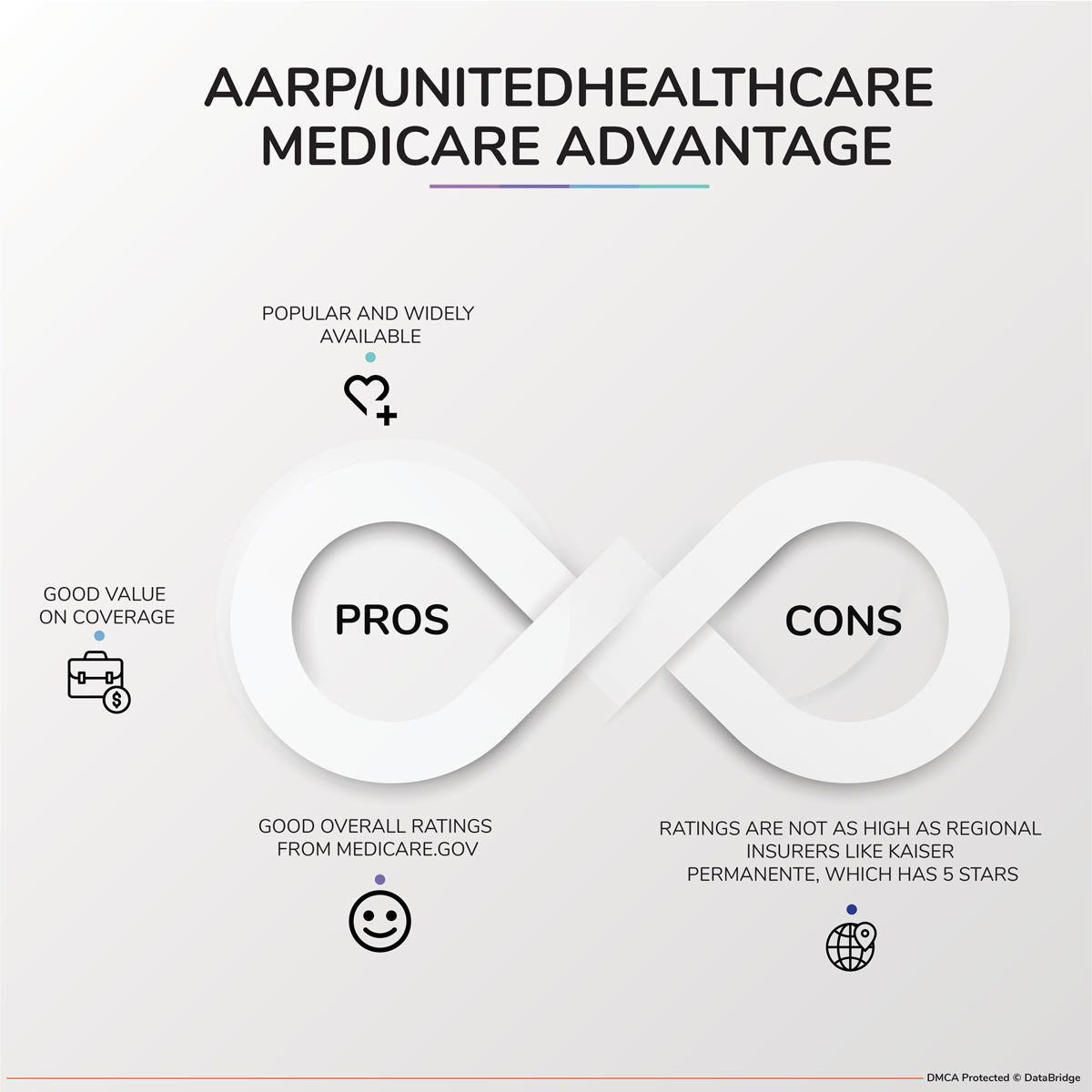Medicare Advantage, also called Medicare Part C, provides coverage for Medicare parts A, B, and sometimes D. As per the Centers for Medicare & Medicaid Services, all Medicare advantage plans must offer the same services as Original Medicare. It includes the following factors:
- Inpatient hospital stays, such as inpatient cancer treatments
- Some oral chemotherapy treatments
- Outpatient radiation treatment
- Outpatient chemotherapy medications
- Some cancer screenings
- Hospice care
Our DBMR team has investigated the chemotherapy drug market and witnessed North America dominating the chemotherapy drug market because of the wide presence of several key manufacturers of the product and the rising geriatric population in this region. Additionally, high research and development expenditure and the presence of skilled professionals will further boost the market's growth rate in this region. Furthermore, the rising cancer incidence is projected to improve the chemotherapy drug market's growth rate. Cancer is the greatest cause of mortality globally, according to the WHO, accounting for approximately 10 million.
To know more about the study, kindly visit: https://www.databridgemarketresearch.com/reports/global-chemotherapy-drug-market
Approximately half of all Medicare beneficiaries are registered in privatized Medicare insurance plans (Medicare Advantage [MA]). Little comparative information is accessible about access, outcomes, and cost of inpatient cancer surgery between MA and Traditional Medicare (TM) beneficiaries. Several patients with cancer enrolled in Medicare Advantage are more likely to go to hospitals with doctors less experienced at performing complicated surgeries than patients having cancer enrolled in traditional Medicare. It has been studied that out of 29 million Americans enrolled in Medicare, about half are signed in with MA plans. Additionally, of the 6.6 million Medicare-eligible Californians, around 47% are enrolled in MA plans.
Because chemotherapy is covered under Medicare Part D, a Medicare Advantage plan with Part D included will cover chemotherapy treatments. It has been observed that when chemotherapy and radiation are administered, the most a Medicare Advantage plan can charge in coinsurance is 20 %. The coinsurance can range from plan to plan; nearly all pay for charging the max of 20 %. Some plans charge less, but those are rare.
The Centers for Medicare & Medicaid Services states that this coverage for breast cancer patients includes:
- Post-mastectomy external breast prostheses, including a post-surgical bra
- Surgically-implanted breast prostheses after a mastectomy
Our DBMR team has investigated the robotic masectomy market and witnessed that the high incidence of general surgery globally, the increase in the adoption of minimally invasive surgical procedures over traditional surgeries, and the huge development of innovative approaches to treat numerous types of diseases, including minimally invasive robotic devices, contributed to the market's growth.
To know more about the study, kindly visit: https://www.databridgemarketresearch.com/reports/global-robotic-masectomy-market
Medicare Advantage Plans exist in different forms, which include Health Maintenance Organization (HMO) plans and Preferred Provider Organization (PPO) plans. The best type of plan for the patient depends on the availability of detailed plans in the region and the preferences.
A survey was performed by the researchers at City of Hope, which is one of the largest cancer research and treatment organizations in the U.S. They performed the study as it is important as approximately half of all Medicare beneficiaries which is around 29 million Americans and are enrolled in Medicare Advantage plans. And of the 6.6 million Medicare-eligible Californians, approximately half (47%) are enrolled in Medicare Advantage plans.
Along with traditional Medicare, beneficiaries characteristically may go to any doctor or hospital in the U.S. who takes Medicare, whereas on the other hand, Medicare Advantage beneficiaries can see only doctors and providers who are in the plan's network and service area.

The study suggests that cancer patients opting for Medicare Advantage would experience better short-term health outcomes if majority of them had access to hospitals that often perform complex cancer surgery. Research has repeatedly connected improved surgical outcomes to cancer patients who receive care at a National Cancer Institute-designated cancer center, such as City of Hope, or at hospitals with increased surgery volumes or credited by the Commission on Cancer.
Few Medical Plans Suitable for Cancer Patients
Cancer treatment costs are high, and thus people who are in the lower economic groups should enroll in Medicare plans. If one has Medicare, the annual cost for cancer treatment and the plan varies from $3,714 to $10,698, depending on the coverage one chooses. There are typically high costs for cancer treatment, such as chemotherapy or radiation, and paying for more robust coverage can generally help to save thousands of dollars per year.
Medigap Plan G + Medicare Part D
Medigap plans are expensive, costing more than $100 per month, but they provide the best limit on medical costs. In particular, Medigap Plan G will cover the majority of the medical costs except for the $233 Medicare Part B deductible. Furthermore, the plan is available to all new enrollees, and most Medigap providers extensively offer it. It is advantageous that medications are administered at a doctor's office, hospital or medical facility as they are often an important part of cancer treatment. The medications one takes at home are normally part of the prescription plan.
Mutual of Omaha is the best Medigap provider for different cancer patients due to its high customer satisfaction and reasonable rates.

Humana is the best Medicare Part D provider for prescription drug coverage as plans are a good value and well-rated. In terms of prescription plans, one needs to remember that in all Medicare prescription plans, one can request an exception to the list of covered drugs in the plan's formulary or a drug's tier classification. To do this, the doctor must say that a particular medication is required for treatment and there are no cheaper options accessible. This is a very useful way to make sure that cancer medications are affordable and accessible, even though it requires a bit of paperwork.

There is another medicare plan named AARP/UnitedHealthcare Medicare Advantage plans that have the best overall benefits for cancer patients as they provide a reasonably low cap on the medical expenses for an affordable monthly cost. Among these insurers, coverage options can vary by location, so one needs to look closely at the plans being offered in that area to identify which companies offer low out-of-pocket maximums.

Therefore, overall, it can be said that patients with Medicare Advantage insurance plans have increasing risk of death after certain cancer surgeries, compared with beneficiaries of traditional Medicare plans as they are more likely to be treated in low-volume hospitals and tended to have lower hospital costs. In this regard, patients should opt for suitable Medicare plans to help them recover their treatment costs.









